Dynamics of chromatin structure and transcription regulation
Subgroup Leader : Laszlo TORA
Teams : Transcription complexes variability in development and disease
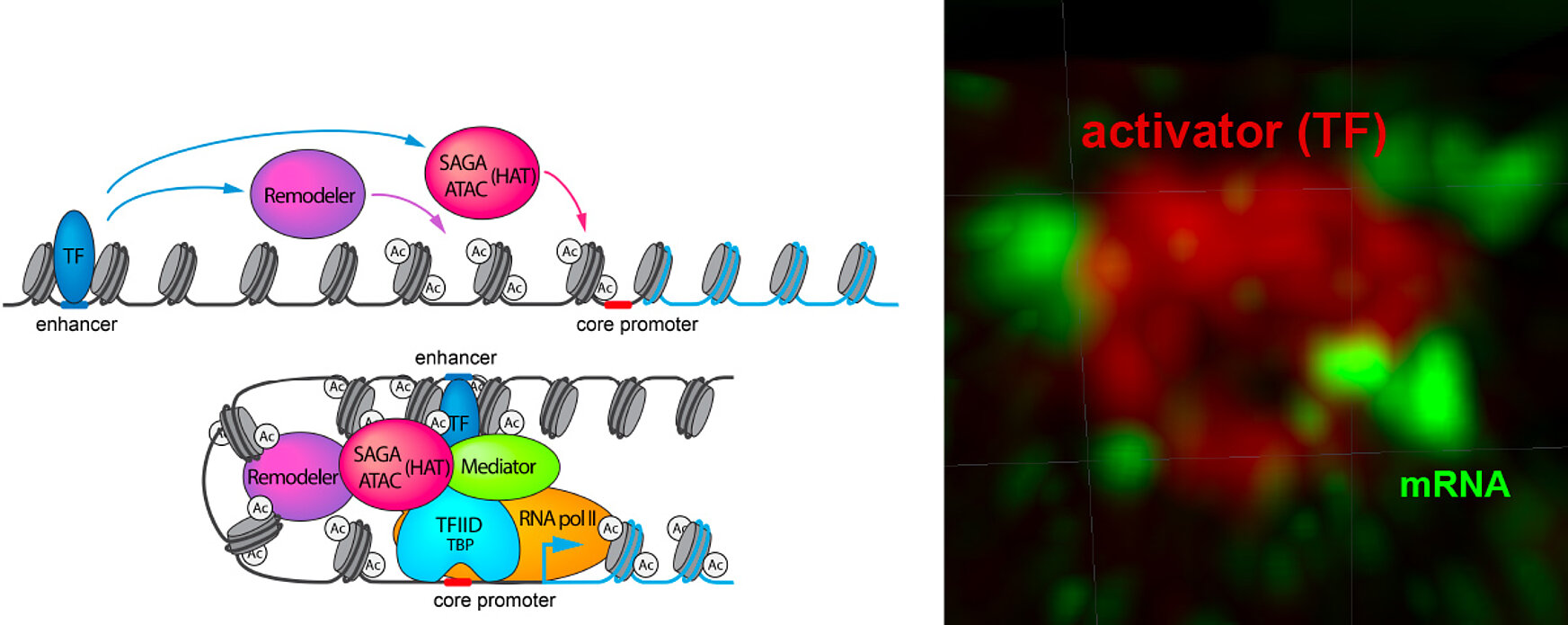
Over the past years our lab has identified and characterized a large number of metazoan nuclear transcription factors. These regulatory proteins include RNA polymerase II initiation factors (TFIID in particular) and co-activators (Spt-Ada-Gcn5 acetyl transferase, SAGA; or Ada Two A containing; ATAC) that form large multi-subunit complexes at promoter DNA to mediate transcription initiation and/or modify the epigenetic landscape of the genome. Our studies demonstrate that these complexes or their variants play a critical role in regulating transcription, as well as chromatin-regulatory processes. Our main research interest is to study the nature and assembly of these molecular machineries, the mechanisms by which they control how specific protein coding genes are turned on and off in the nucleus of a given cell, during growth, differentiation and development. We use biochemical, genetic, cell biology, imaging, biophysical, bioinformatic and structural approaches to study the control of gene expression, genome stability and chromatin architecture in different eukaryotic organisms (yeast, mouse and human). Our current and planned activities aim to better understand gene regulatory processes in different cellular systems and during the development of intact vertebrate organisms. We are also interested how does the disruption of this highly regulated processes lead to various disease states.
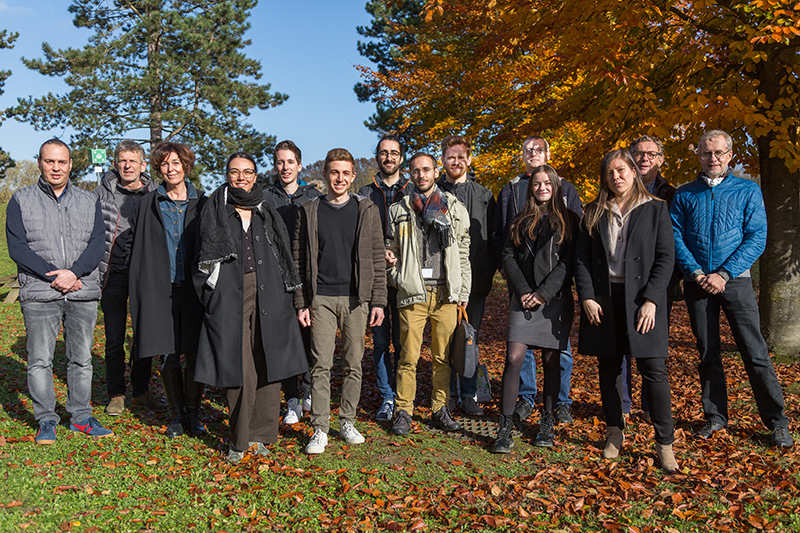
1) Study the assembly of transcription complexes;
.png)
2) Analysis of preinitiation complex variability and their role in transcription regulation during development and differentiation (during oocyte growth in particular);
.png)
.png)
3) Understanding the role of co-activator complexes in transcription regulation;
.png)
4) Investigation of of general transcription factor behavior, recruitment and RNA polymerase II transcription in living cells at transcribed genes;
.png)
5) Characterize how and why TAF mutations cause neuronal disorders and intellectual disabilities?
.png)
Dr. Marc H.T.M. Timmers, German Cancer Consortium (DKTK), German Cancer Research Center (DKFZ), Medical Center-University of Freiburg, Germany, ANR-PRCI project
Research Support for the Tora team in the past 10 years
.png)
.png)
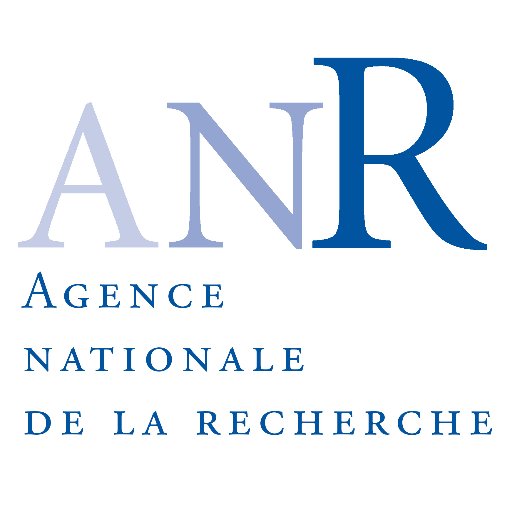
.png)
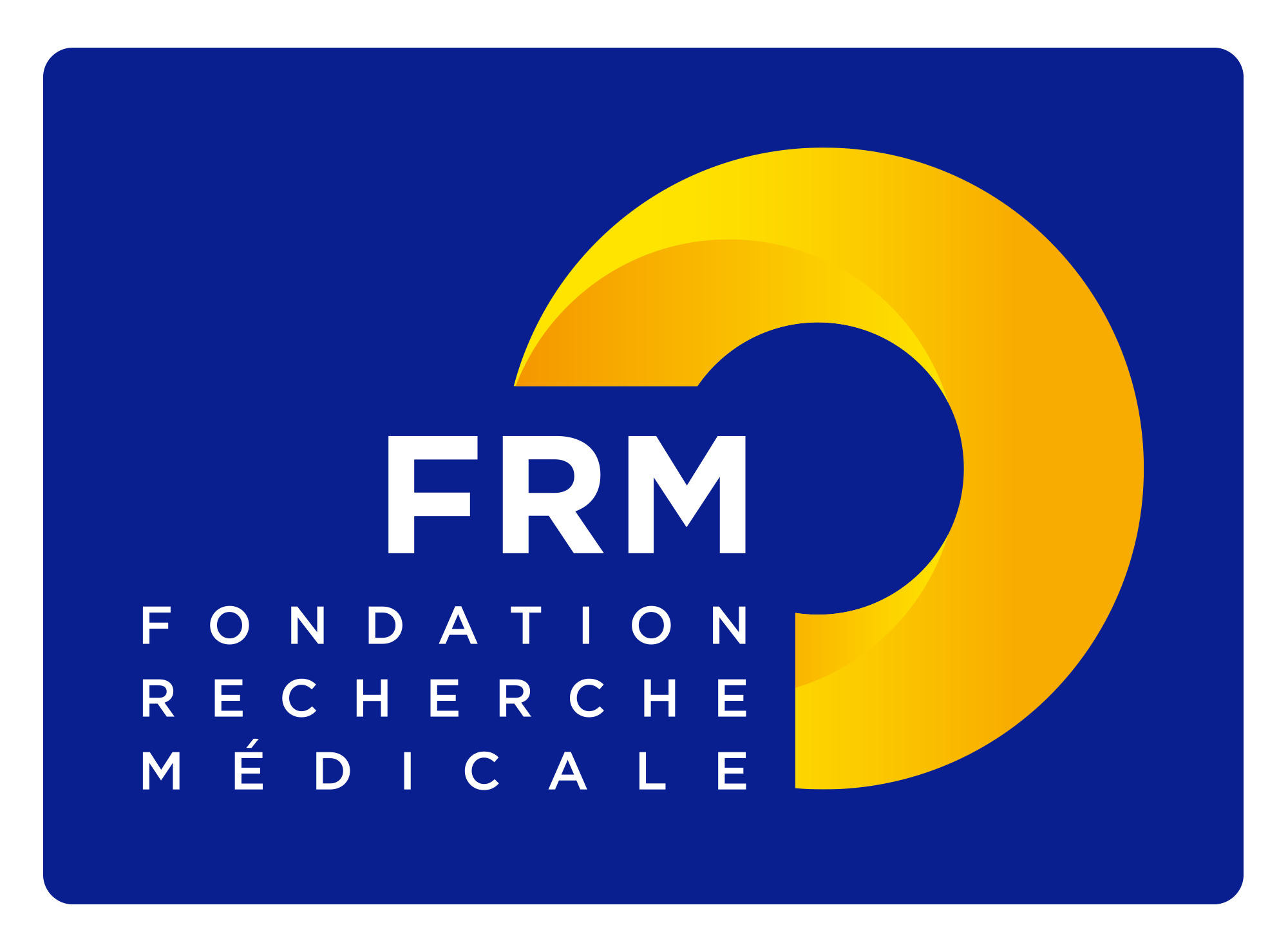
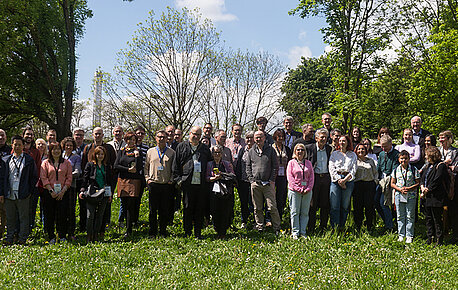
On April 25th, Laszlo celebrated 40 years of scientific career in France. This significant event brought together current and former members of the…
Read more
Laszlo Tora -

.png)
.png)
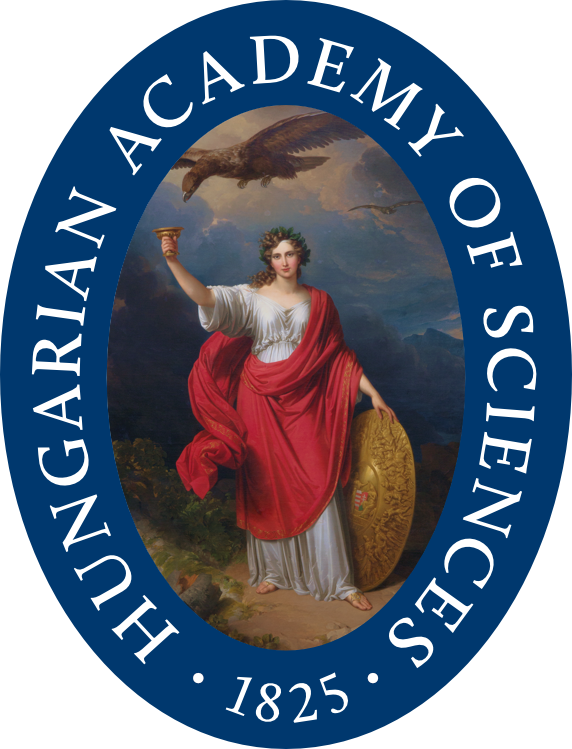

.png)
.png)
Biochimica et Biophysica Acta - Gene Regulatory Mechanisms ; Page: 194614
Biochimica et Biophysica Acta - Gene Regulatory Mechanisms ; Page: 194614
Nature Communications ; Volume: 10
Nature Communications ; Volume: 10
Cell Reports ; Volume: 29 ; Page: 1410-1418.e6
Imaging Gene Expression: Methods and Protocols, ; Page: 209-221
Nature Communications ; Volume: 10